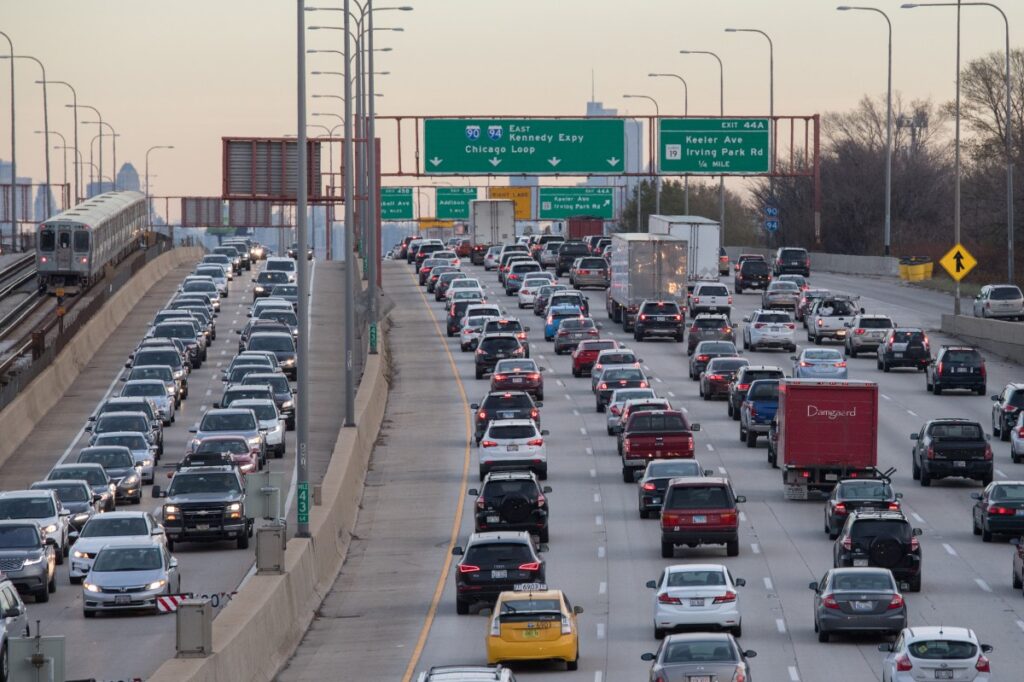Nearly 82 million people are expected to travel this year for Thanksgiving, according to the American Automobile Association (AAA).
The automotive body projects that 81.8 million people will travel at least 50 miles from home over the Thanksgiving holiday period from November 25 to December 1 in 2025.
“This year’s domestic travel forecast includes an additional 1.6 million travelers compared to last Thanksgiving, setting a new overall record,” the AAA said this week, with Thanksgiving being “the single busiest holiday for travel” compared to others such as Memorial Day and the Fourth of July.
The AAA said 6 million travelers in the United States will take domestic flights over the Thanksgiving holiday period, marking a 2 percent rise from last year. “That figure could end up being slightly lower as some air travelers make other plans following recent flight cancellations,” the AAA added.
Except for 2020—the year of the onset of the COVID-19 pandemic, which saw travel grind to a halt—the number of Thanksgiving air travelers over the past few years has hovered between 5 and 6 million, the automotive body said.
At least 73 million people are expected to travel by car over Thanksgiving, which accounts for nearly 90 percent of Thanksgiving travelers, and the figure marks an additional 1.3 million people on the road compared to Thanksgiving last year.
“That number could end up being higher if some air travelers decide to drive instead of fly, following recent flight cancellations,” the AAA noted.
The two days before Thanksgiving, from around 11 a.m. to 9 p.m. local time, are forecast to be the busiest times to travel this year, with Thanksgiving Day expected to see minimal traffic.
Those driving on Friday or Saturday will want to avoid the period from around 1 p.m. to 7 or 8 p.m., which will be the worst time to travel on those days, the AAA said.
“Drivers should hit the road in the morning to avoid the worst backups, but keep in mind construction, crashes, or severe weather could impact travel times,” the automotive association advised.
Peak congestion periods and estimated travel times for those traveling by metro vary by city and route. The longest estimated travel time is expected to be five hours and 16 minutes on the Atlanta metro, with the peak congestion period forecast to take place on Sunday, November 30 at 3:30 p.m. local time. The shortest travel time was projected to be one hour and 15 minutes on the Houston metro, with peak congestion happening Tuesday, November 25 at 5:30 p.m. local time.
Do you have a travel-related story to share? Let us know via life@newsweek.com, and your story could be featured on Newsweek.
Read the full article here

